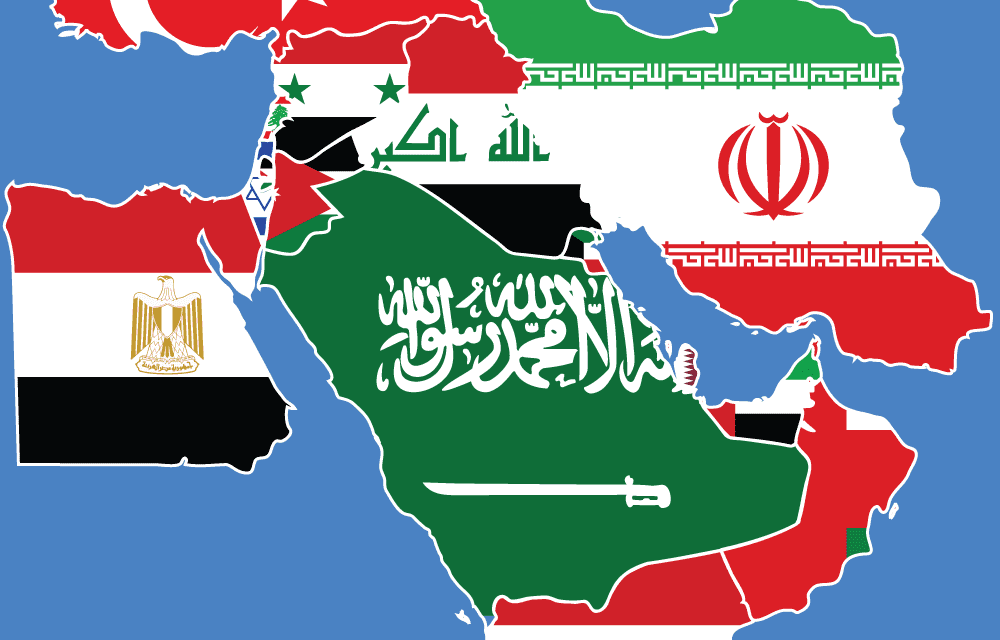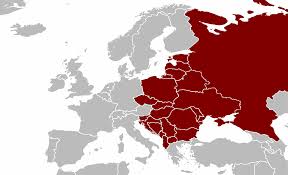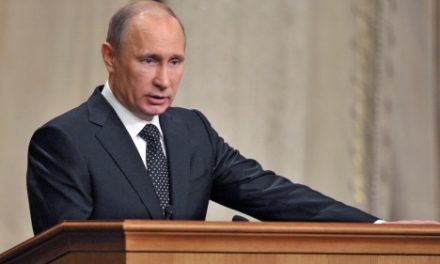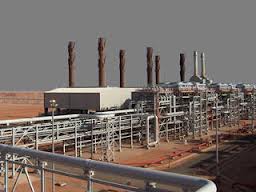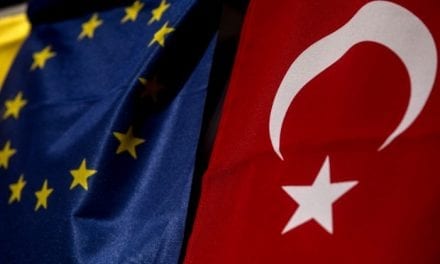Halting Iranian interference also key to reinstating stability in conflict-stricken countries
Caline Malek, The Nation
The “ambiguity” of American policy in the Gulf was discussed by local and US experts at the 4th Abu Dhabi Strategic Debate in the capital on Monday.
They spoke of US President Donald Trump’s approach to handling key issues in the Middle East such as Iran, the nuclear deal and sanctions imposed on it.
“There is ambiguity and chaos in American foreign policy under Trump’s Administration,” said Ed Rogers, a veteran staffer of the Reagan White House and columnist for the Washington Post.
“But there are key elements of the foreign policy’s structure: defeating Isis, restoring relations with regional allies such as Saudi Arabia, Egypt and Israel, halting Iranian expansion and achieving a settlement between the Palestinians and Israelis as part of what has come to be known as the deal of the century.”
He said Trump’s administration was sending clear signals that it was open to listening to its allies and wishes to open new channels of communication, highlighting the importance of Congress.
“It is an extremely important element of decision-making in foreign policy,” he said.
“It is the most active in implementing sanctions against Iran. So GCC countries should communicate with leaders from both the Democratic and Republican parties in the US, as democrats currently have the upper hand in Congress which means they play an important role in foreign policy.”
Dr James Lindsay, senior vice president, director of studies and the Maurice R Greenberg chair at the Council on Foreign Relations, agreed.
“Trump Administration’s foreign policy is characterised by ambiguity and incoherence,” he said, using the example of Washington’s dealings with the diplomatic crisis between Qatar and the Arab Quartet.
“The current ‘tone’ of the US Administration changed from that during the presidency of Barack Obama but the core of the policies did not undergo a drastic change, aside from the stance regarding Iran.
“The Trump Administration is facing a particularly hard challenge in dealing with Iran, since Trump did not tear up the nuclear deal as he claimed he would do during his campaign, and he does not want to give up the deal but he will continue with the policy of implementing more sanctions.”
Despite expectations, relations between the US and the Gulf have been somewhat strained, with the region seeing no positive changes in American foreign policy towards the Middle East this year. Two months ago, local policy advisers and a former American ambassador expressed concern in Abu Dhabi over Trump’s lack of ability to take real action and unwillingness to enact real Middle Eastern foreign policy change.
Mr Rogers said GCC countries should look to convince the US that serving Gulf interests would also serve American interests, should they wish to gain the support they are looking for from Washington, and the “key is examining American interests first.”
According to Abdulrahman Al Rashed, columnist for Asharq Al-Awsat newspaper, Iran is the common main factor in many of the region’s crises.
“It is not possible to bolster security and stability in the countries experiencing ongoing struggles such as Iraq, Syria, Lebanon and Yemen, without ending Iranian interference,” he said.

